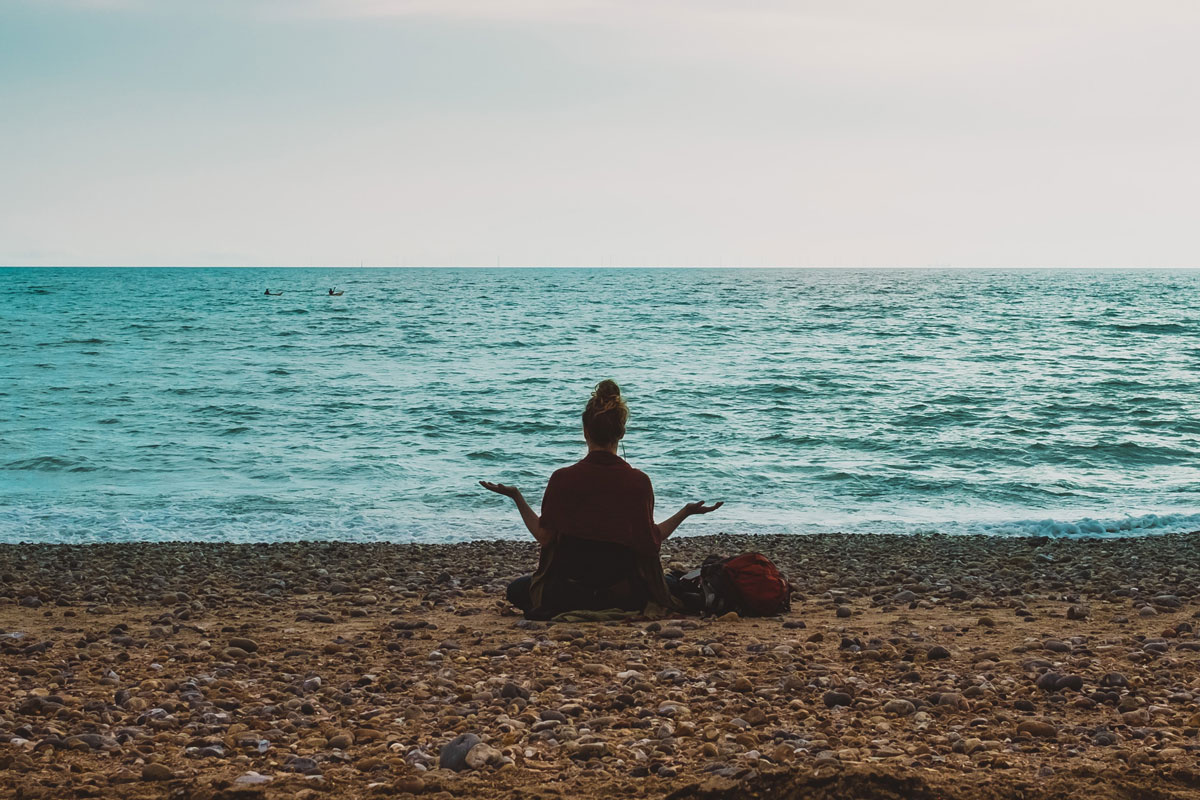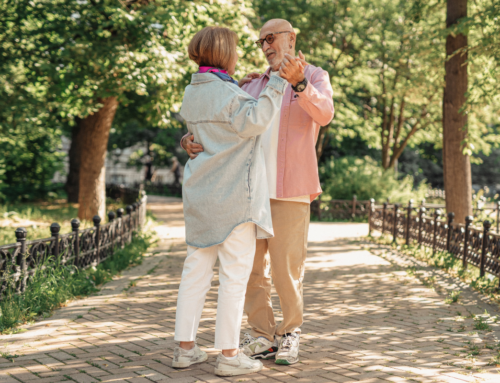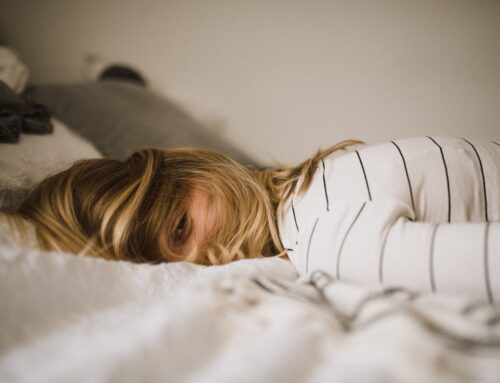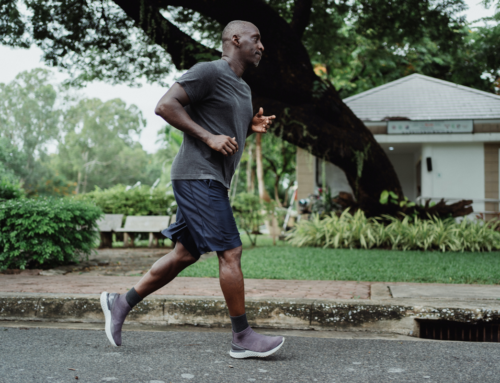The connection between mind and body is no secret: indeed, the mind-body connection has lately gone from alternative healing to scientific mainstream. If you’re curious about the ways anxiety and emotional health affects the physical body and vice versa, read on for an essential mind-body primer.
The physical health & mental wellbeing loop
It’s no surprise that poor physical health, whether in the form of acute infection or chronic disease, is likely to affect mood and mental wellbeing. But the opposite is also true: persistent levels of stress or dissatisfaction, such as anxiety or depression, can lead the body to experience symptoms of ill health and to develop various health conditions.
The mind-body connection is connected to HPA axis regulation (hypothalamus-pituitary-adrenals), which influences the nervous system and endocrine system, along with immunity, resistance to disease and inflammation, and mood.
What anxiety really does to the body
Excessive worrying and anxiety causes a wave of physical reactions: a fight-or-flight or freeze-and-appease response spurs the sympathetic nervous system to release cortisol and other stress hormones like adrenaline and noradrenaline that, when left un checked, contribute to imbalance.
Muscle pain, inflammation, headaches, and other symptoms can turn into chronic digestive disorders, immune system suppression, cognitive decline, heart attacks, and mood disorders.
Anxiety at your immune system
Anxiety and too much stress wreak havoc on immunity. Cortisol and other stress hormones suppress important T-cells and white blood cells needed to protect against infections and pathogens. What’s more, anxiety can make recovery from illness much slower.
Anxiety and your nervous system
Anxiety keeps the sympathetic nervous system in a constant state of activation, which inhibits relaxation and repair. The parasympathetic nervous system, on the other hand, is responsible for rest and digestion: activate it with mindful breathing and connection.
Anxiety and your reproductive system
Sexual and reproductive processes shut down when levels of stress and anxiety are high. For women, this means painful or irregular periods, low libido and sexual desire, poor pregnancy and postpartum outcomes, and reproductive disorders like PCOS and endometriosis.
Anxiety and your mood
Stress and anxiety can impair cognitive function and performance along with negatively affecting mood. Psychological stress and HPA dysregulation can lead to depression and major depressive episodes. But herbs and supplements can help!
How to improve physical health to benefit mental health
Use the mind-body connection to your advantage: while changing your mind can seem daunting, adopting healthier habits with exercise and nutrition is a good approach that may also bring fast results.
Practices like yoga and deep breathing exercises have been shown to deeply impact their body and to help reverse the effects of stress and anxiety whole promoting health and wellbeing. Therapy, group work, and upgrades in the diet can bring about positive change.
Supplements like magnesium, L-theanine, and 5-HTP, along with medicinal herbs like passionflower, ashwagandha and reishi mushroom help bring both the mind and body into balance.
There are lifestyle habits that can help with managing anxiety naturally. To learn more, read our blog – Anxiety 301: A Natural Path Towards Less Anxiety.
References
https://www.ncbi.nlm.nih.gov/pmc/articles/PMC3866391/
https://www.ncbi.nlm.nih.gov/pmc/articles/PMC1456909/
https://www.apa.org/helpcenter/stress/effects-female-reproductive#menu
https://www.ncbi.nlm.nih.gov/pmc/articles/PMC4790405/







Great topics to write a blog on. I would like to add one very important point about How physical health affects mental wellbeing= MOVEMENT. Dancing, exercise, even simply going for walks has a huge impact on mental health. When you move your body, dominie is released. I think you should add a section on this with the studies to back it up, there is tons of research out there on this matter.
Hi Hannah, thank you for your comment. We agree, movement and exercise is an important component to both physical and mental health. Every individuals’ capabilities are different, so it’s important to pick movements that are manageable in order to maximize the benefits of exercise on the whole body. For some, it may be taking a walk around the neighbourhood or spending time gardening, while others could be jogging on a nearby trail or taking up a new sport. If possible, it’s also great to spend time outdoors as nature works to support emotional and physical health. Thank you for taking the time to read our blog article, and hope you continue following our blog.
this is very informative and intersting, thanks 🙂